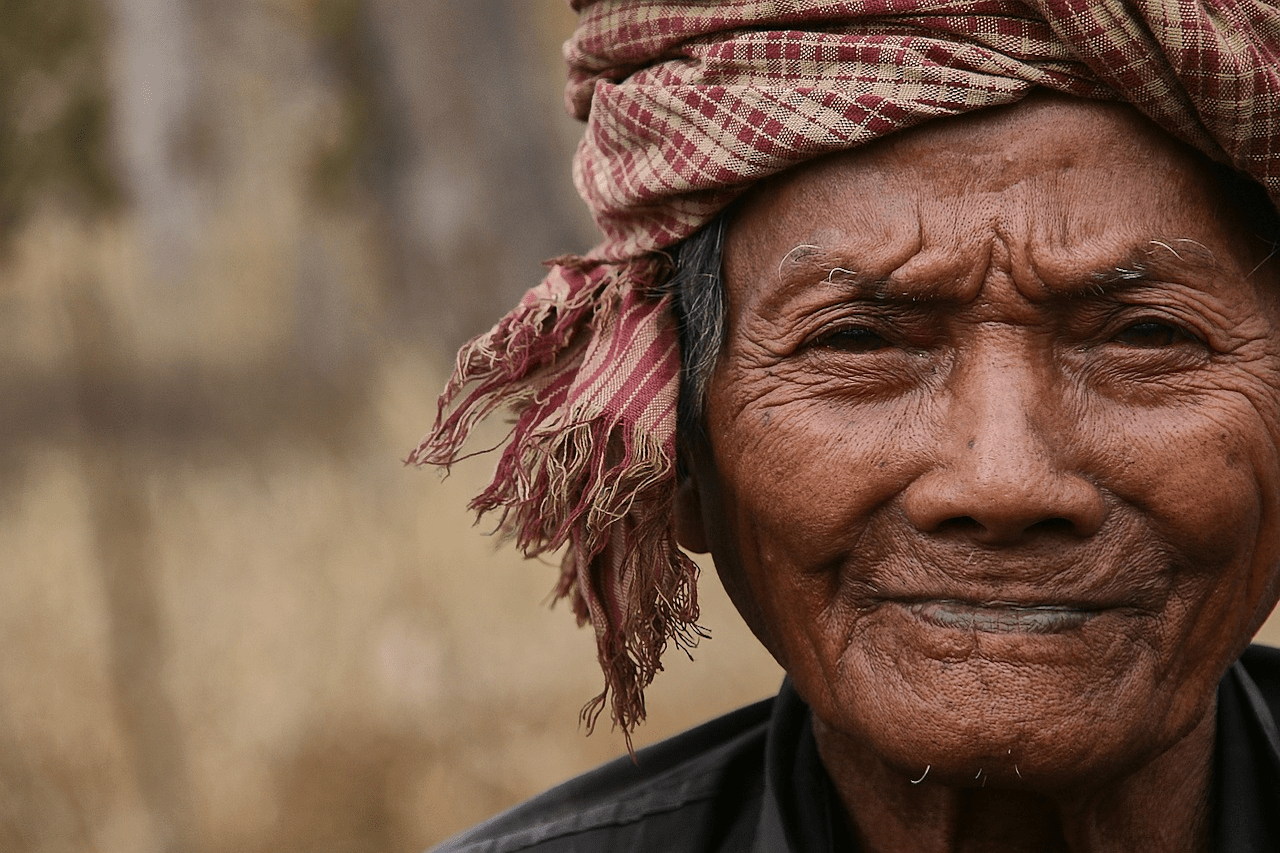Wisdom 1:13-15 (RM) or Lamentations 3:22-33 (RCL); Psalm 30; 2 Corinthians 8:7, 9, 13-15 (RM) or 7-15 (RCL); Mark 5:21-43.
Twelve years. Twelve long years. Twelve short years. Short if this is as much of a lifetime as you’ve been granted, and now your life is drawing to a close, just as you’ve reached the threshold of adulthood. Long if you’ve struggled to find healing from a distressing disease that has devastated your resources in vain.
The real richness and power in the “frame story” of the young girl and the “interlude story” of the woman with a hemorrhage, found in this Markan sandwich (yes, New Testament scholars call this type of story construction a “Sandwich” without batting an eye) lies in the fully embodied nature of both suffering and healing. The body is the site of life, in all its variant forms and its range of conditions.
“God did not make death, and does not delight in the death of the living. For God created all things so that they might exist, and the generative forces of the world are wholesome.”
Does this sound different from the understanding of the body that you might have learned as a child? Maybe you learned that the body was dirty, or some of its functions were dirty? That the body is the source of shame, or the cause of sin? That bodies can be too fat, too thin, too different in ability, the wrong colour, bad hair, no hair or just plain ugly — and that a “bad” body diminishes your value as a human person?
These Gospel stories pour us into the mystery of Incarnation – that God took on a body like ours, imperfections and all. When Ignatius of Antioch wrote, “what is not assumed is not redeemed,” he set the bodiliness of Jesus the Christ, the one who had died and risen, as the cornerstone of the relation of humanity to God. Rosemary Radford Ruether took it a step farther to argue that the risen Christ comprises all genders, because all can die and rise with him in baptism. Baptism, which is the same for all, is the source of all calls to ministry.
Life in human flesh is both a gift and a task, something given freely and something taken into one’s own hands, on one’s own responsibility. Sometimes flourishing in the flesh takes personal initiative. If the nameless young girl’s father hadn’t taken the initiative to go to Jesus, defying any hesitance his fellow synagogue officials had about this upstart prophet — well, what would have been the result? The care and concern of family, friends and community sustains the life of everyone. In the case of Jairus and his beloved daughter, his passionate love, his persistence and his faith restored her to life.
Personal initiative that defies social conventions, coupled with shame and fear — this is where the interlude story introduces a remarkable turn on the usual Jesus-stretches-out-his-hand type of miracle healing stories. The woman came alone – she was not accompanied by helpers who sought her healing. And she did not approach Jesus face to face to ask for help. We can sense her hesitation and yet her hope, “If I can only touch the hem of his robe …” The woman herself was the active agent of her healing process. She did not steal power from Jesus, yet he felt power “leaving his body” involuntarily, in the exact moment that she feels full permanent wholeness in hers. Her faith healed her, not his choice to deploy power.
Jesus cannot identify her immediately until she comes forward. He does not scold the woman, but calls her “daughter,” establishing an affectionate family relationship when she has no one else to care.
Healing does not come zapping down from the sky, nor is it always a power-over action by an authority figure. Faith (meaning perfect trust, a letting-go of fear) is a precondition of healing, on the part of both parties, the healer and the healed.
© Susan K. Roll
This Reflection has been updated from that of June 27, 2021. In particular, newer feminist scholarship tends to downplay the exclusion from society caused by a bodily discharge (whether blood or some other fluid.) The idea that Jesus liberated women from restrictive Jewish legislation is anti-Judaic in nature.
Susan Roll retired from the Faculty of Theology at Saint Paul University, Ottawa, in 2018, where she served as Director of the Sophia Research Centre. Her research and publications are centred in the fields of liturgy, sacraments, and feminist theology. She holds a Ph.D. from the Catholic University of Leuven (Louvain), Belgium, and has been involved with international academic societies in liturgy and theology, as well as university chaplaincy, Indigenous ministry and church reform projects.





Today I am pondering your line that “The body is the site of life, in all its variant forms and its range of conditions.”
My personal body is the only site from which I *can* experience life on earth. And the communal bodies of which I am part, give me sites in which I can explore life’s possibilities, and find healing for life’s sorrows.